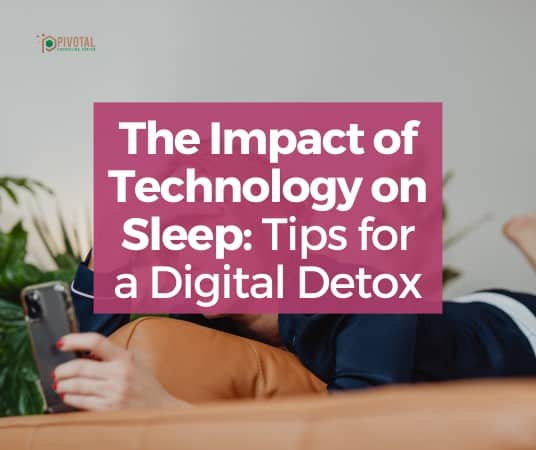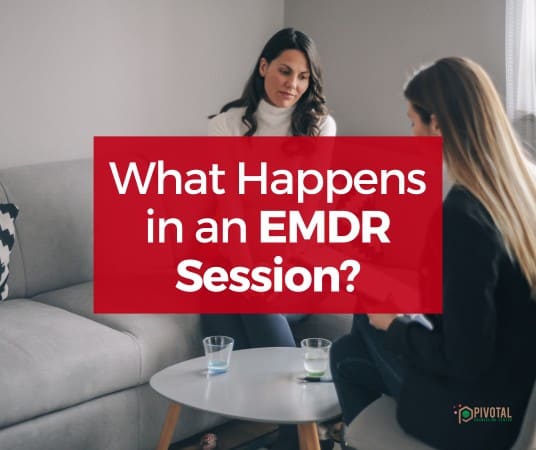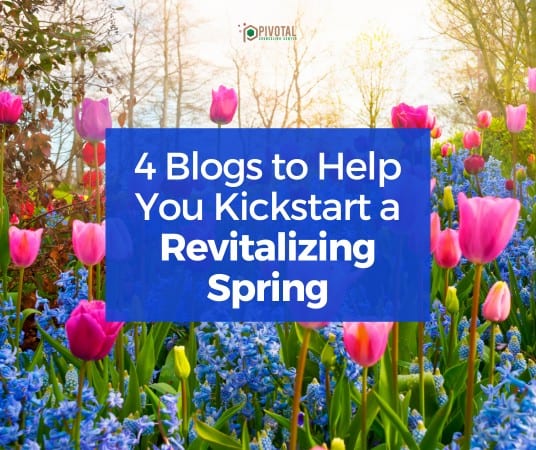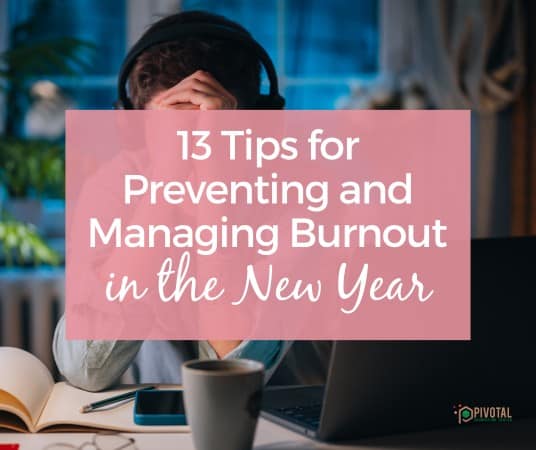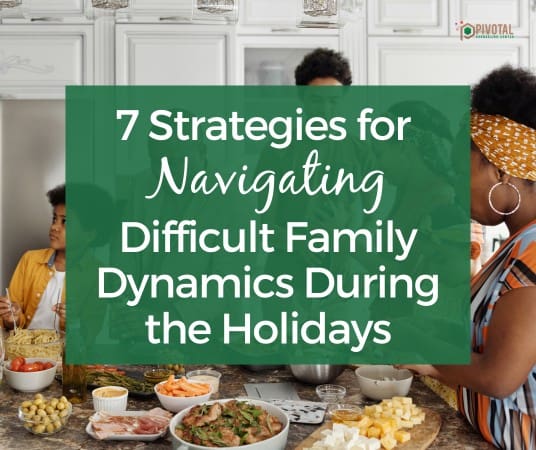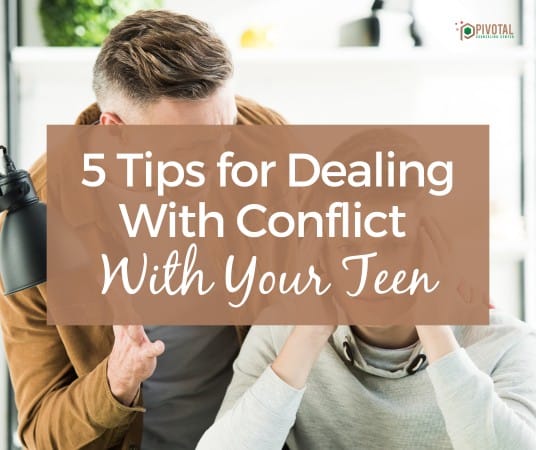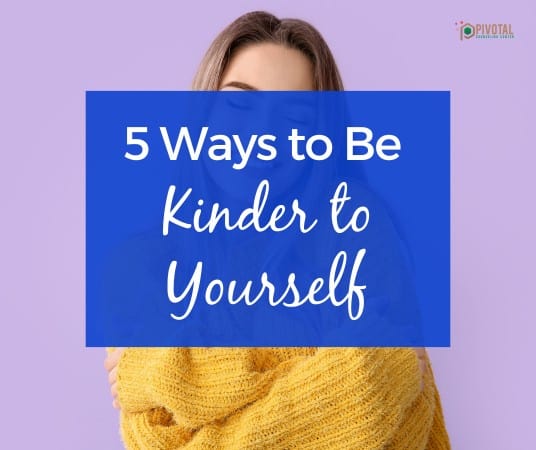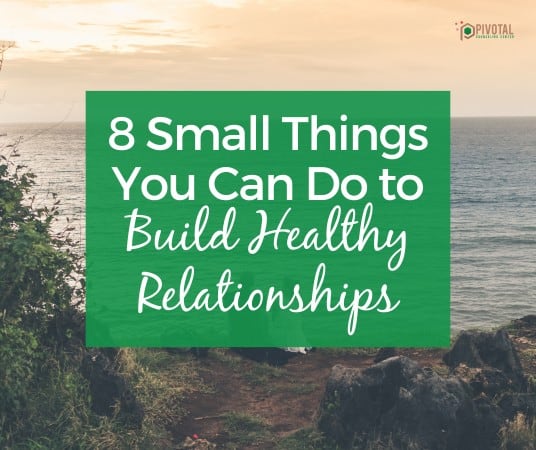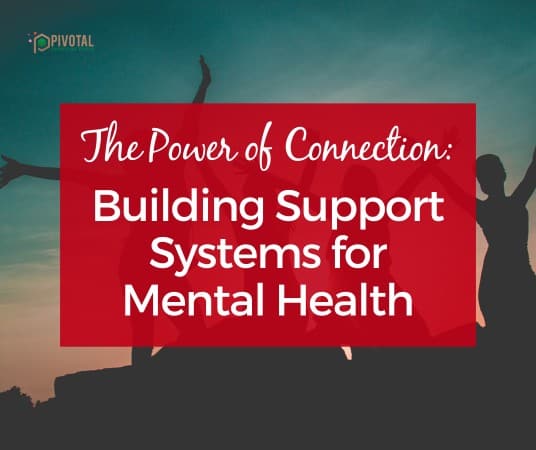
Do you feel like you have solid support systems?
We all need other people in our lives, no matter how much we might wish we didn’t. Having a strong support system can help protect your mental health in good and bad times. The years since the start of the pandemic have helped to make clear that we need support systems, and that many of us unfortunately do not have the support systems that we need.
Why does it feel so good to have social connections to others?
Humans are social creatures. We’re wired to seek connections with others, because social connections help us survive. Think about how humans had to stick together in groups to survive as hunters and gatherers. Without working together, we wouldn’t have survived as a species.
There’s evidence that having social connections can improve overall wellbeing, lead to better health, and even help you live longer, and that the benefits of social connections don’t just benefit individuals – they strengthen entire communities. Connections with others can even improve outcomes of serious health conditions and increase your resilience to mental health disorders.
The opposite of social connection is loneliness. Loneliness doesn’t have to actually mean that you’re alone – it can just be that you feel alone or disconnected from others. Loneliness is actually a growing concern for public health, because loneliness can have serious health effects. Researchers have found that loneliness increases the risk of things like heart disease, dementia, stroke, and addiction.
So, how can you strengthen your support systems? You can work on building new relationships, and strengthen the relationships you already have. Here are some tips for building new relationships:
Try new things
When you’re feeling lonely, the last thing you might feel like doing is putting yourself out there, but that really is how you can build new connections. You don’t have to do things that are wildly out of your comfort zone, but try joining a class on a topic you’re interested in, attending a meeting about a cause you care about, or check out some different groups that meet locally to see if any feel like a good fit.
Connect with people online
Meeting people in real life isn’t our only option anymore. If doing things in person isn’t an option for whatever reason (illness, disability, comfort level, location, weather, etc.), trying doing everything in the first suggestion but online. There are classes you can take online, organizations that meet virtually, and clubs that communicate entirely online. Find what works for you!
Talk about your fears with a therapist
It can be legitimately frightening to meet new people. It’s hard to be out of your comfort zone and feel like you’re lonely and need more social connections. Building new relationships is vulnerable, and it can dig up insecurities and fears that a therapist can help you work through.
Try not to cancel
As you’re working on building new relationships, it can be really tempting to cancel or skip events where you can meet new people. It’s natural to feel like canceling would make you feel better, but it just makes it easier to cancel the next time, and it can make you feel like you have yet another obstacle to overcome before you can meet new people.
Here are some tips for strengthening the relationships you already have:
Something is better than nothing
You don’t have to be perfect about everything to strengthen your current relationships. It’s okay if you don’t have the perfect thing to say. Reaching out with a meme or a quick “Hey! I’m thinking about you!” text is better than sending nothing at all. Don’t talk yourself out of connecting with others, even if it feels silly to you.
Practice your listening skills
Everyone loves to be listened to, and improving your listening skills can help you strengthen your relationships with others. Work on active listening instead of listening just to respond.
Ask for help when you need it
People want to be there for you, so let them! It can feel uncomfortable to ask for help, especially when you’re not used to doing so, but no one can do everything alone. We all need help sometimes, and it’s okay to ask for it.
Offer help when you can
Relationships should be mutual when possible, so do your best to offer the people in your life help when you can. It’s not always easy or convenient to help other people, but showing up for people when it’s not easy makes a big difference.
Therapy can be an integral part of support systems. Pivotal Counseling Center has therapists who are accepting appointments now. We have locations in Woodstock, Lake in the Hills, and Elgin, Illinois. If you are in need of someone to help, please consider giving us a call at (815) 345-3400 or contact us here.
Pivotal Counseling Center is now accepting Medicaid including Blue Cross Community Medicaid, Meridian Medicaid, and Molina Medicaid for outpatient counseling.

